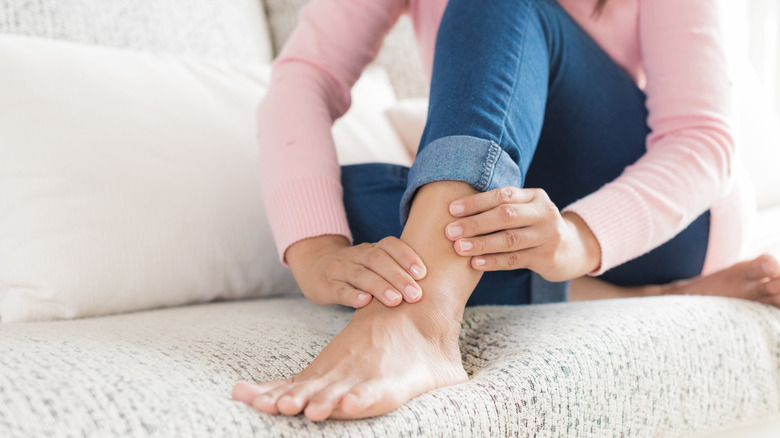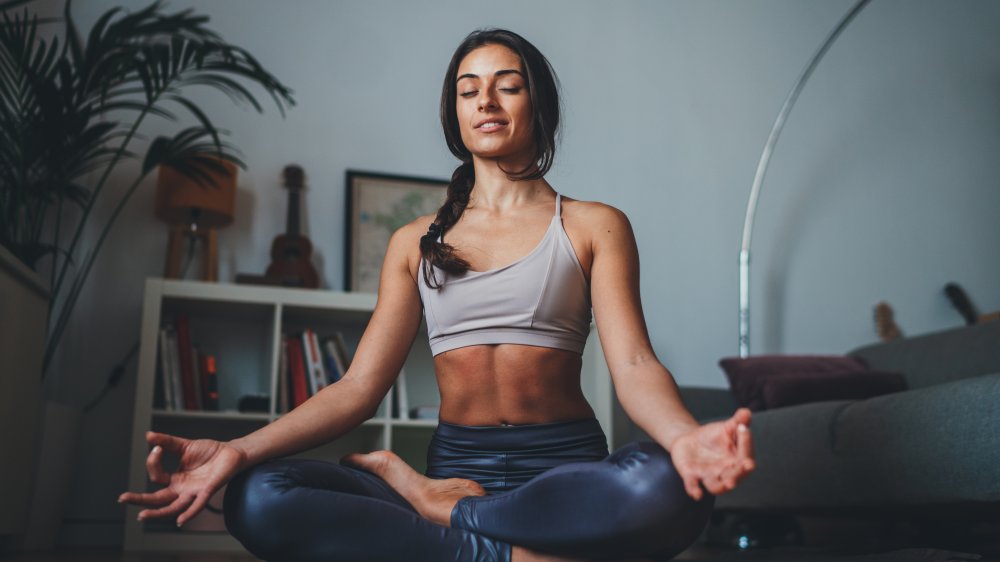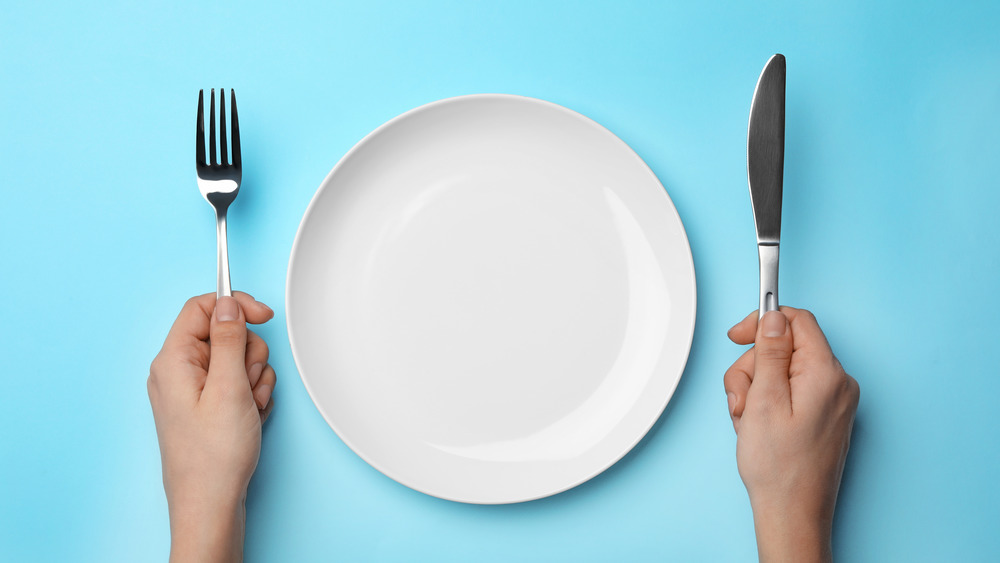How Your Body Changes When You're Relaxed
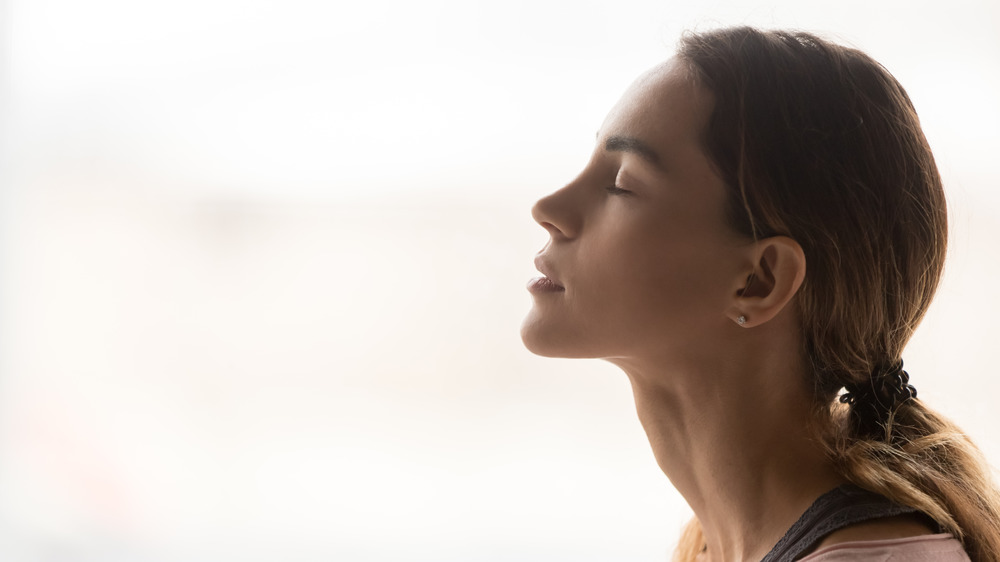
Your body goes through some amazing changes when you relax. When you're tense, your body is in a state of fight-or-flight, which means your heart rate and blood pressure are elevated, you're breathing more shallowly, and your muscles are tense. This is all part of the stress response, which is your body's way of preparing you to deal with a perceived threat. When you're relaxed, however, your body is in a state of rest and digest. Your heart rate and blood pressure go down, you're breathing more deeply, and your muscles are relaxed. This is your body's way of saying that there's no threat and it can take a break. The changes that happen in your body when you're relaxed are vital to your health. When you're constantly in a state of fight-or-flight, your body never gets a chance to rest and repair. This can lead to all sorts of problems, from headaches and digestive issues to anxiety and depression. Relaxation is one of the best things you can do for your health. It's free, it's easy, and it's something you can do anywhere, anytime. So take a deep breath, close your eyes, and let your body relax.
Relaxing comes with health benefits
We all know how good it feels to relax. Whether we’re taking a break from work, spending time with friends or family, or just taking a few minutes for ourselves, relaxation is a crucial part of a healthy lifestyle. And it turns out, relaxation comes with some pretty amazing health benefits. Here are just a few of the ways relaxation can improve your health: 1. Relaxation lowers blood pressure. 2. Relaxation reduces stress hormones. 3. Relaxation boosts immunity. 4. Relaxation improves digestion. 5. Relaxation improves sleep quality. 6. Relaxation reduces pain. 7. Relaxation lowers the risk of heart disease. 8. Relaxation helps you live longer. So next time you’re feeling stressed, take a break and relax. Your body will thank you for it!
Recommended
NEXT UP
What It Really Means When You Get Tired After Sex
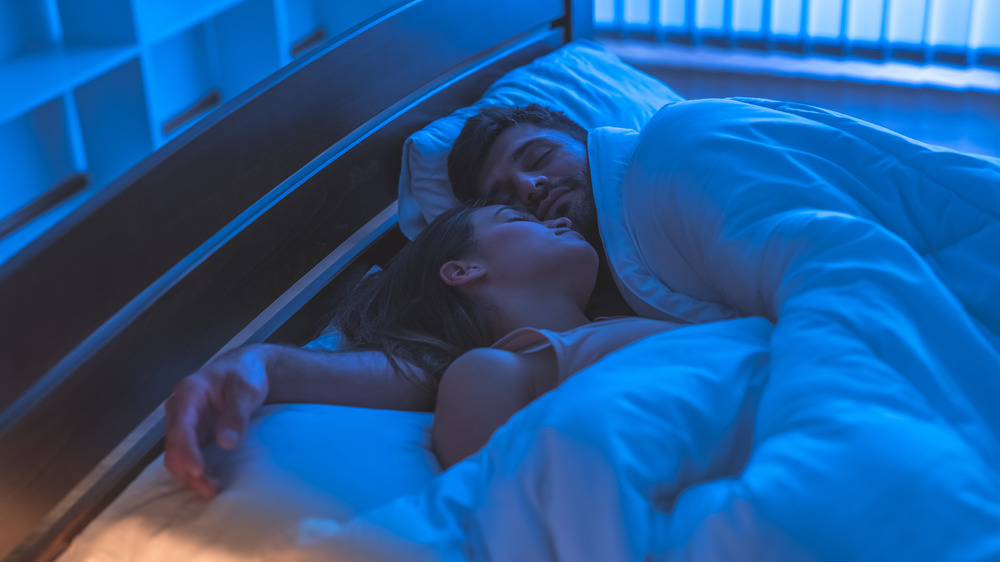
We've all been there. You finish a steamy session between the sheets, only to suddenly feel exhausted afterwards. You were just getting started, but now all you want to do is take a nap. What gives? It turns out, there's a scientific reason for this post-coital fatigue. And it's not just because sex is a physical activity. In fact, sex can be quite taxing on our bodies and minds, in ways that we don't even realize. Here's a look at what it really means when you get tired after sex. When you have sex, your body releases a cocktail of hormones. These hormones include adrenaline, which gives you a burst of energy, and cortisol, which is a stress hormone. Your body also releases oxytocin, which is often called the "cuddle hormone" or the "love hormone." Oxytocin is responsible for bonding and attachment, and it's also been shown to reduce anxiety and stress. All of these hormones are necessary for a healthy sex life. But they can also take their toll on your body, leading to fatigue afterwards. When you have an orgasm, your body releases a surge of oxytocin. This oxytocin rush can cause drowsiness and sleepiness. In addition, the physical exertion of sex can also lead to fatigue. Sex is a form of exercise, after all, and it can raise your heart rate and breathing. All of this can add up to feeling tired after sex. But that doesn't mean you should avoid sex altogether. In fact, sex can be a great way to reduce stress and promote relaxation. If you find yourself feeling tired after sex, there are a few things you can do to combat it. First, try to have sex earlier in the day, when you have more energy. Second, make sure you're well-rested before you have sex. If you're tired to begin with, you're more likely to feel exhausted afterwards. Finally, try to focus on enjoying the experience, rather than on achieving an orgasm. The more relaxed you are, the less likely you are to feel tired afterwards. Sex is a normal and healthy part of life. And while it can sometimes lead to fatigue, that doesn't mean you should avoid it. Embrace your sexuality, and enjoy the experience.
Your brain may be telling you to sleep — or not
— based on your age When it comes to sleep, our brains may be hardwired to think differently based on our age. For young people, it’s not uncommon to feel like you can function on just a few hours of sleep. And as we get older, we may start to feel like we need more sleep to function properly. But why is this? It turns out, our sleep needs change throughout our lives, and our brains may be to blame. A recent study found that as we age, our brains produce more of a protein that makes us feel sleepy. At the same time, levels of another protein that makes us feel awake decrease. So, if you’re feeling like you need more sleep as you get older, it may not be all in your head. Your brain may actually be telling you to hit the sack!
